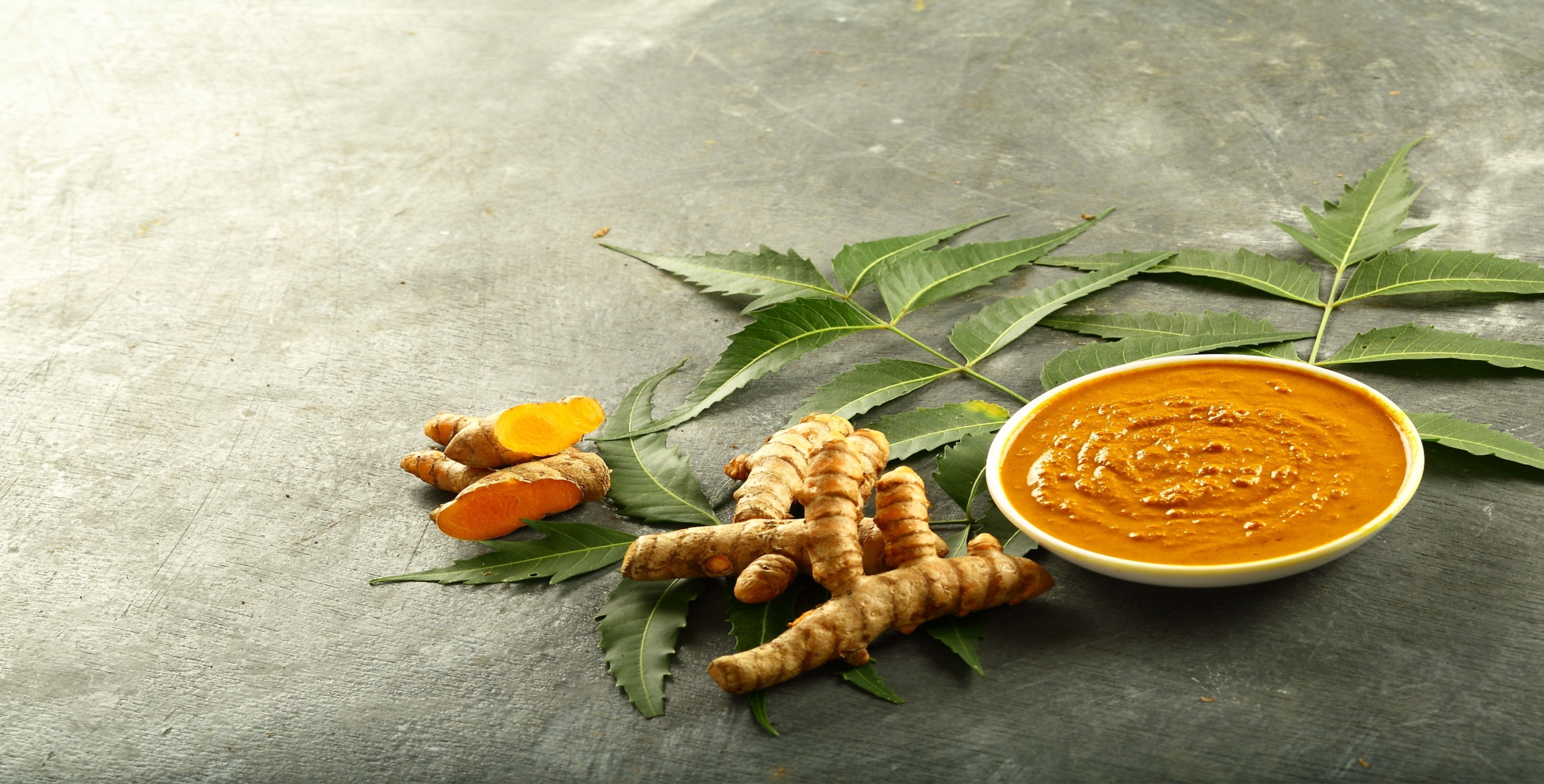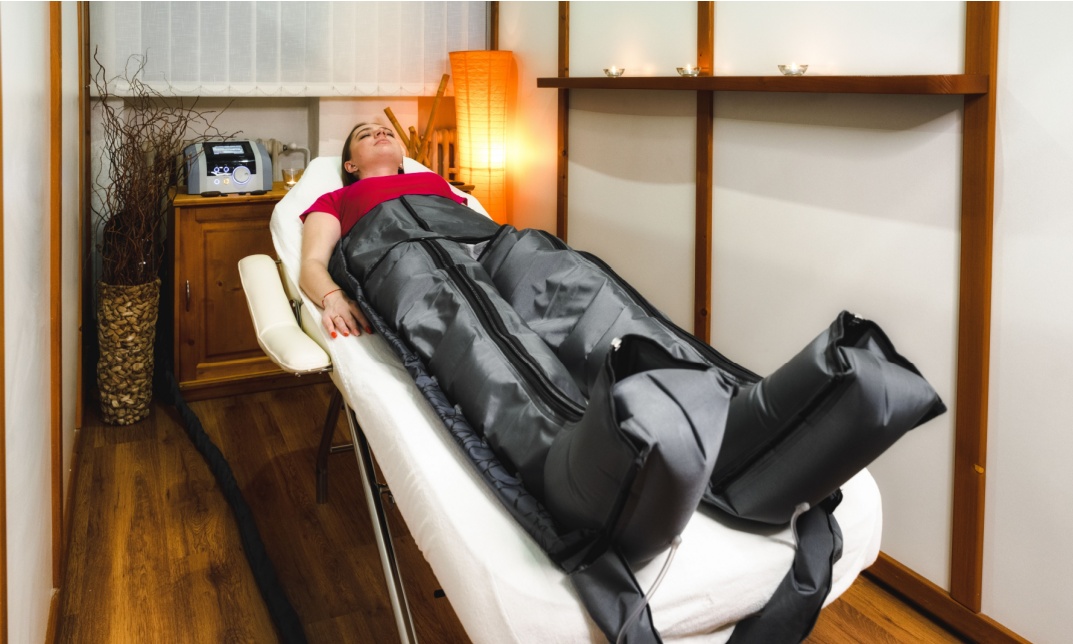No products in the basket.
Ayurvedic skin care is a traditional Indian system of medicine that promotes healthy skin through natural remedies and practices. It emphasises a holistic approach to beauty, believing that the health of your skin is directly linked to your overall well-being. This blog will explore everything you need to know about Ayurvedic skin care.
What are the Fundamental Principles of Ayurveda?
Central to Ayurveda are the three doshas: Vata, Pitta, and Kapha. These are biological energies found throughout the human body and mind. Each person has a unique combination of these doshas, which determines their physiological and personality traits, including their skin type.
How Doshas Affect Skin Types?
Understanding your dominant dosha can help you customise your skincare routine. Vata skin tends to be dry and sensitive, Pitta skin is prone to inflammation and redness, and Kapha skin can be oily and prone to breakouts. Knowing your dosha can guide you in choosing the right products and treatments.

Identifying Your Ayurvedic Skin Type
Understanding your Ayurvedic skin type is the foundation for creating a personalised skincare routine in Ayurveda. According to Ayurveda, our skin reflects the balance (or imbalance) of three doshas: vata, pitta, and kapha. Each dosha has distinct characteristics that influence your skin’s needs. Let’s explore these doshas and their corresponding skin types:
Vata Skin:
- Air and Ether: Vata is light, dry, and cool.
- Characteristics: Delicate, thin, prone to dryness, fine lines, and cool to the touch. Tans easily but may show sun damage.
- Possible Concerns: Dryness, flakiness, wrinkles, and eczema.
Pitta Skin:
- Fire and Water: Pitta is fiery and intense.
- Characteristics: Fair, sensitive, soft, and warm to the touch. Prone to breakouts, moles, freckles, and sunburns.
- Possible Concerns: Acne, rosacea, rashes, and premature ageing.
Kapha Skin:
- Earth and Water: Kapha is heavy, oily, and slow-moving.
- Characteristics: Oily, thick, pale, cool, and prone to large pores. It may have an even complexion.
- Possible Concerns: Blackheads, congestion, and occasional cystic acne.
Additional Tips
- Observe your skin throughout the day and across seasons.
- Consider your overall health and personality.
- Take an online Ayurvedic quiz.
Benefits of Ayurvedic Skin Care
Ayurvedic skin care offers a unique approach to achieving healthy, glowing skin. It goes beyond simply treating the surface and delves deeper to promote balance and well-being from within. Here are some key benefits of applying Ayurvedic principles to your skincare routine:
- Natural and Gentle: Unlike many conventional products, Ayurveda relies on natural ingredients like herbs, oils, and plant extracts. This reduces the risk of irritation or allergic reactions, making it suitable for sensitive skin.
- Holistic Approach: Ayurvedic skincare goes beyond just topical treatments; it includes dietary adjustments, stress-management techniques, and lifestyle practices that contribute to overall health and a natural glow.
- Personalised Care: By identifying your Ayurvedic skin type (dosha), you can customise your skincare routine to address your specific needs. This ensures you’re using products and practices that work best for your unique skin.
- Detoxification and Cleansing: Ayurvedic practices like herbal remedies and internal cleansing can help eliminate toxins and impurities that can contribute to skin problems. This promotes clearer, healthier skin.
- Promotes Natural Beauty: Ayurveda focuses on increasing your skin’s natural beauty rather than masking imperfections. You achieve a healthy, radiant complexion by nourishing and balancing your skin from within.
- Reduces Signs of Ageing: Many Ayurvedic herbs and practices possess antioxidant and anti-inflammatory properties that can help combat free radical damage and reduce the appearance of wrinkles and fine lines.
- Improved Skin Health: Ayurvedic skincare can address various skin concerns such as dryness, acne, eczema, and inflammation. By addressing the root causes of these issues, it promotes long-term skin health.
- Stress Reduction: The calming rituals and practices associated with Ayurvedic skincare can help reduce stress, which can manifest on the skin as breakouts or dullness.
Ayurvedic Remedies for Common Skin Issues
Ayurveda offers many remedies to fight various skin issues. Here are some of the Ayurvedic remedies for common skin issues:
Dryness (Vata Dosha Imbalance):
- Moisturise: Use nourishing oils like coconut or almond oil to hydrate and lock in moisture.
- Dietary Tweaks: Include healthy fats like ghee, nuts, and avocados in your diet.
- Herbal Relief: Apply a paste made from milk and sandalwood for a soothing and hydrating effect.
Acne (Pitta Dosha Imbalance):
- Cooling Masks: Apply a paste of neem leaves or Multani mitti (Fuller’s earth) to reduce inflammation and control oil production.
- Dietary Adjustments: Limit spicy, oily, and acidic foods that can aggravate Pitta.
- Herbal Powders: Take a paste of Triphala (a blend of three fruits) internally to cleanse the digestive system and reduce breakouts.

Eczema and Psoriasis (Kapha Dosha Imbalance):
- Soothing Oils: Use coconut oil or neem oil to calm irritated skin.
- Herbal Baths: Soak in lukewarm water infused with Neem leaves or oatmeal for relief from itching and inflammation.
- Dietary Focus: Limit heavy, processed foods and dairy products that can worsen Kapha imbalances.
Uneven Skin Tone (All Doshas):
- Exfoliation: Gently exfoliate with gram flour (chickpea flour) or Ubtan (an herbal paste) to remove dead skin cells and brighten the complexion.
- Herbal Powders: Apply a turmeric or liquorice root paste to lighten dark spots and promote even skin tone.
- Dietary Balance: Ensure a balanced diet rich in fruits and vegetables for essential vitamins and minerals that contribute to a healthy glow.
Daily Ayurvedic Skin Care Routine
Following the daily Ayurvedic skincare routine can greatly increase your skin health. There are some guidelines for a daily Ayurvedic skincare routine:
Morning Routine
Start your day with a gentle cleanser suitable for your skin type, followed by a toner to balance the skin’s pH. Apply a light moisturiser, and if you have Vata skin, consider a hydrating serum.
Evening Routine
In the evening, double-cleanse your skin to remove makeup and impurities. Follow with a richer moisturiser to repair and rejuvenate your skin overnight.
Conclusion
Ayurveda takes an in-depth approach to skin care, focusing on individual needs while promoting overall wellness. It goes beyond exterior beauty by using natural products and customised practices to nourish the body from within.
By adopting Ayurvedic methods, you can achieve radiant, healthy skin and a deeper sense of balance and harmony. As a result, embrace Ayurveda for a more natural and holistic approach to beauty and well-being.
To gain more knowledge about Ayurvedic skin care, you can visit Course Cave for the Ayurveda Diploma Course. Our course is entirely knowledge-based and focused on providing you with all the Ayurveda-related knowledge.




